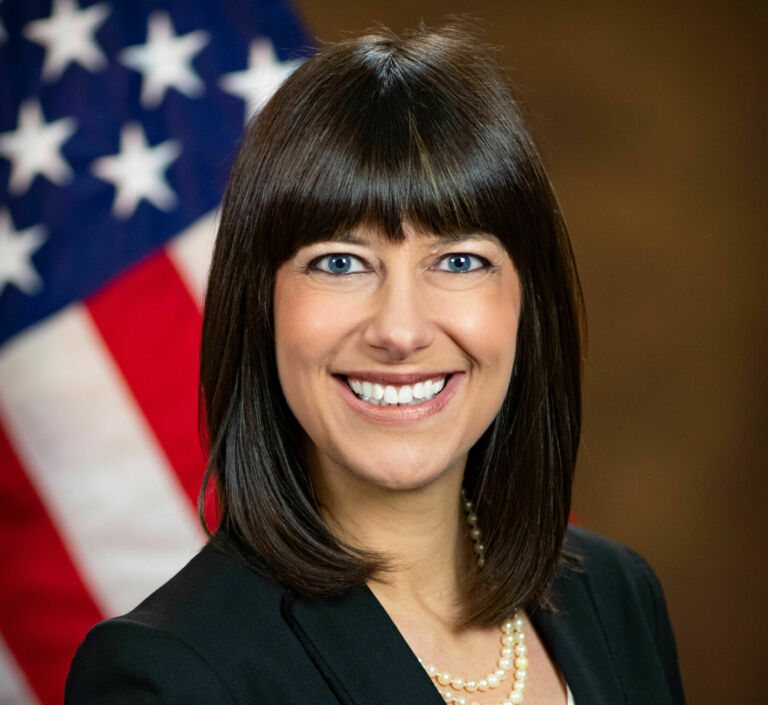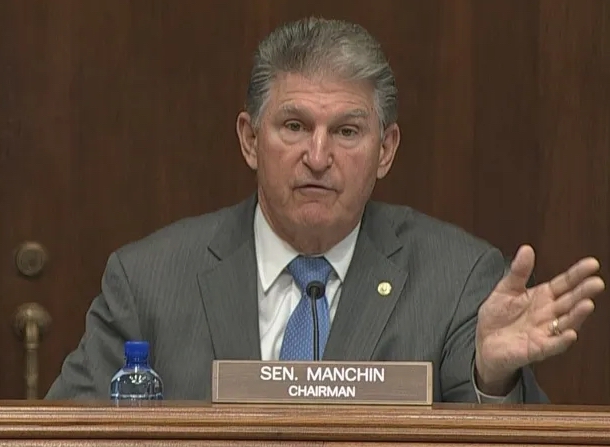In a post at the UNC School of Government’s Criminal Law blog, Jeff Welty joins the country in thanking and honoring veterans. He also refers readers to an article by Rory E. Riley-Topping that appeared in the Hill in September under the title, “More veterans should be nominated to the Supreme Court.” Here’s Welty’s summary and commentary:
The whole piece is worth reading, but for those interested in an executive summary, it makes two major points.
First, that veterans historically have played a major role on the Court:
[M]any of the Court’s most well-respected justices came from impressive military backgrounds. John Marshall, who is generally regarded as the architect of the Supreme Court’s judicial review authority, was an officer at Valley Forge. Oliver Wendell Holmes famously fought for the Union is the Civil War as part of the Twentieth Massachusetts Infantry Regiment. And, a handful of justices served in World War II, including Lewis Powell, John Paul Stevens, Byron White, Potter Stewart, William Rehnquist, and John Marshall Harlan.
And second, that the Court is nearly bereft of military experience today:
[T]he current makeup of the Supreme Court . . . suffers from a dearth of veterans, when compared with historical percentages. Although Justice Alito served in the Army Reserves, and Justice Breyer served a six month period on active duty in 1957, there are no justices on the Supreme Court that served on active duty during wartime or participated in combat. The last justice to have any wartime military experience was Justice Stevens, who retired in 2010.
Perhaps this latter point isn’t surprising, given that the share of the population that has ever served in the military is declining — to about 7%, down from 16% a few decades ago. But it is worth thinking about whether a Court with little military experience may lack an important perspective on issues like the scope of presidential powers, the balance between liberty and security, and how the military should address the push for greater inclusion.
Here’s another excerpt from Ms. Riley-Topping’s piece:
We have not had a single Supreme Court Justice, nor any nominee, that has served in the Korean War, the Vietnam War, the first Gulf war, nor the current War on Terror.
This fact is only bewildering. But, with no signs of the current atmosphere of political toxicity dissipating anytime soon, history teaches us that those that are best prepared to handle it, and also to fix it, are those with a demonstrated record of serving their country in the U.S. military.
Legal analysts often discuss the need for more diversity on the Supreme Court. These discussions often center around what I refer to as “visible diversity” — i.e., visible characteristics such as gender, race and ethnicity that feed the identity politics vitriol present in so many battles inside the Beltway.
If we not only want to provide meaningful diversity on the Supreme Court, but also ensure a more civil confirmation process, Republicans and Democrats alike should seriously consider nominating more military veterans to our nation’s highest court.
Worth thinking about — especially today.


